
Business executives interact during the Belt and Road CEO Conference of the third Belt and Road Forum for International Cooperation at the National Convention Center in Beijing on Tuesday. (Photo by Zou Hong /CHINA DAILY)
Outcomes: More countries attend, bigger deals signed
The Belt and Road Initiative, as it advances, will consistently yield substantial cooperation, investment and growth opportunities for businesses on a global scale, said senior government officials and business executives on Tuesday.
Speaking at the Belt and Road CEO Conference of the third Belt and Road Forum for International Cooperation in Beijing, they said that through such collaboration, Chinese and foreign companies can enhance their research capabilities, embrace cutting-edge technology and refine their application expertise. These activities can potentially reshape their growth trajectory and play a pivotal role in fostering sustainable economic development.
Vice-Premier He Lifeng said at the conference that China is willing to expand mutual market access with countries involved in the BRI, create more trade cooperation platforms, build up a diversified financing system, deepen production capacity cooperation and expand two-way investment.
The vice-premier stressed that China encourages businesses from all participating countries to actively promote cooperation in areas such as big data, artificial intelligence and new energy. This will drive the development of BRI toward a greener, healthier and more intelligent direction, said He, who is also a member of the Political Bureau of the Communist Party of China Central Committee.
At the conference, nearly 300 delegates from Chinese and foreign companies signed cooperation agreements, which encompass projects in various fields, including infrastructure, clean energy, artificial intelligence, financial services, modern agriculture and rail transportation, according to the China Council for the Promotion of International Trade, one of the event's organizers.
The number of projects, countries and regions involved, and the value of deals have notably surpassed those of the previous CEO conference, which was held in Beijing in 2019, the council said.
Two-way investment between China and other economies involved in the BRI totaled more than $380 billion between 2013 and 2022, according to a white paper recently released by the State Council Information Office.
Aron Harilela, chairman and CEO of Harilela Hotels Group and former chairman of the Hong Kong General Chamber of Commerce, said that at a time when protectionism could tear the world apart, the BRI speaks to a vision of a shared future — a vision where countries and businesses can work together not just to make people's lives better, but a framework they can use to tackle the economic, social and environmental challenges the world faces.
The BRI is a growth concept, a cooperative platform and a market network built for the common development, said Wang Wen, executive dean of Renmin University of China's Chongyang Institute for Financial Studies.
The initiative not only unites the strengths of emerging economies, but also promotes dialogue and exchange between developed and developing countries, consolidating and balancing the old and new forces of global development, he added.








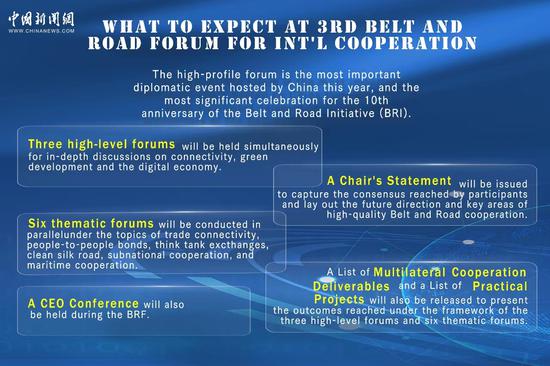

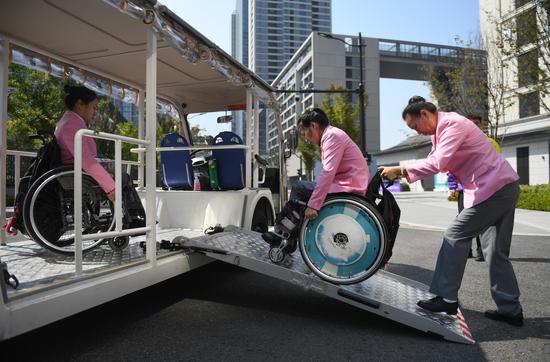



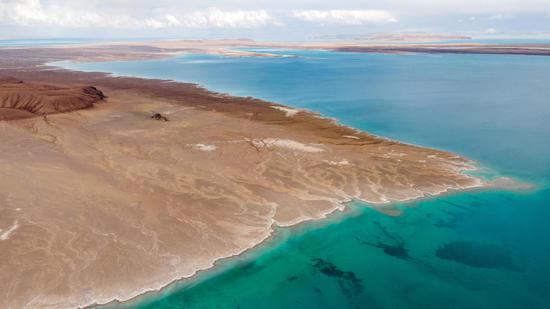

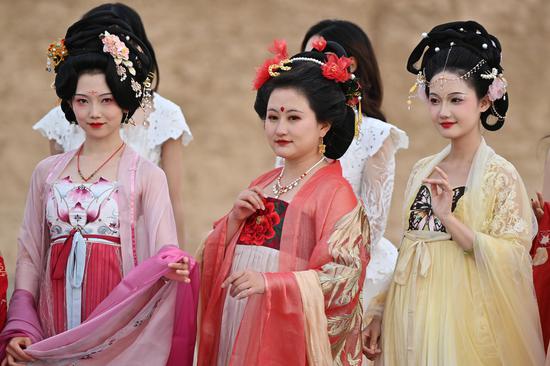
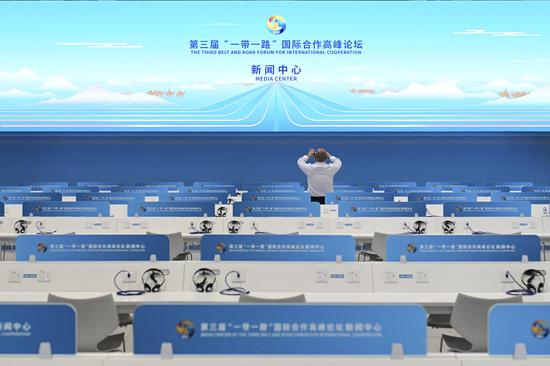
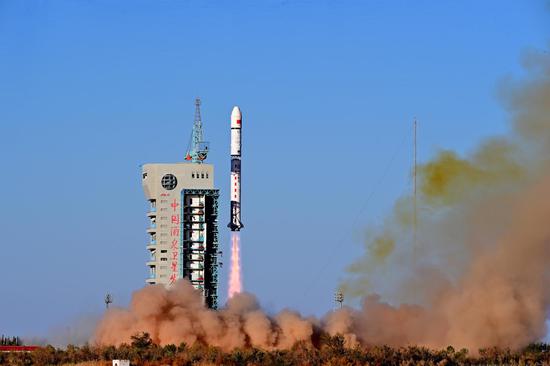
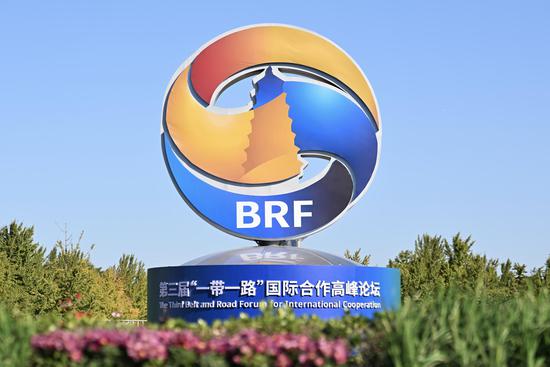

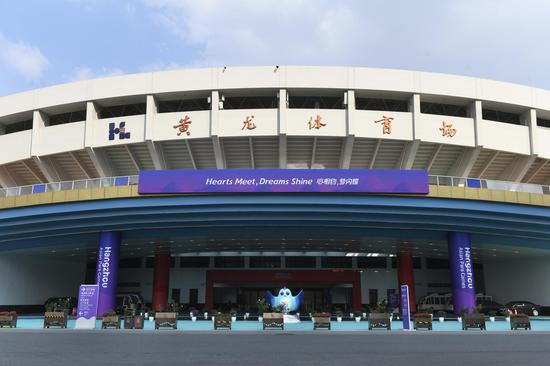


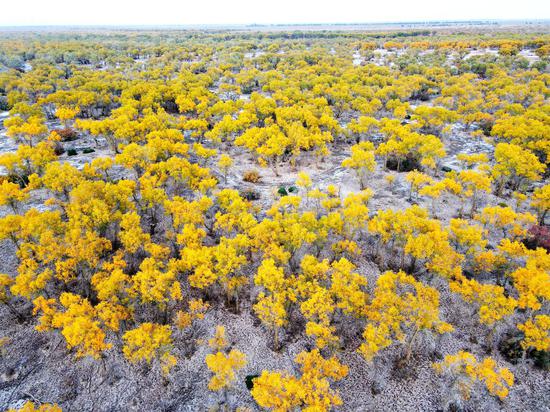

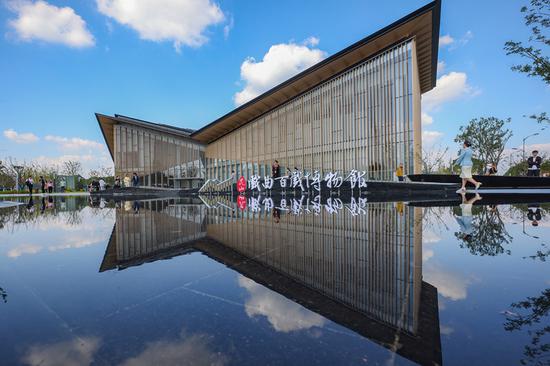
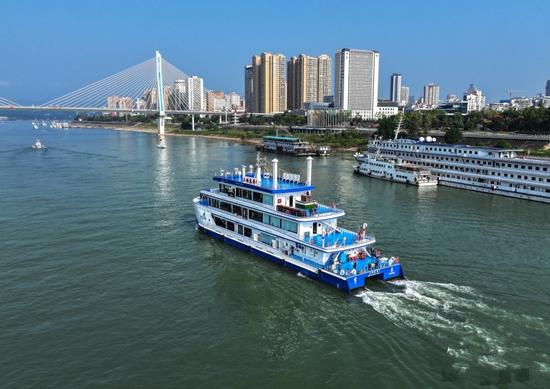
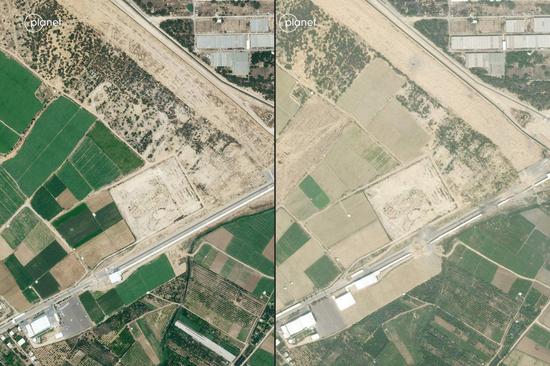

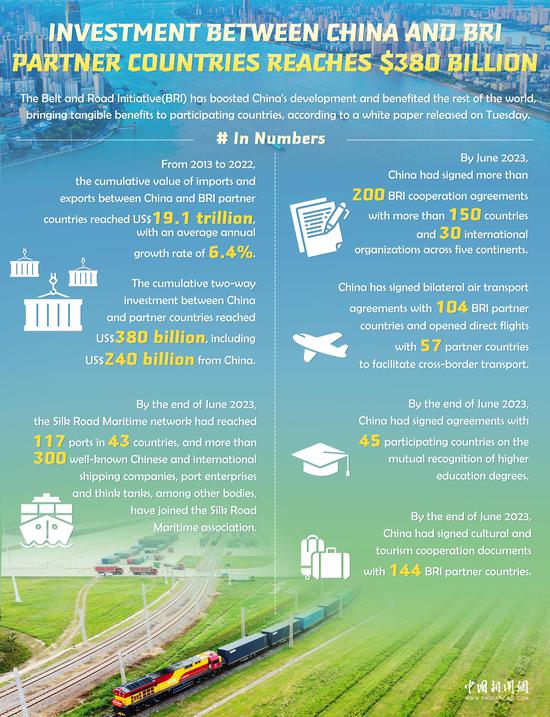
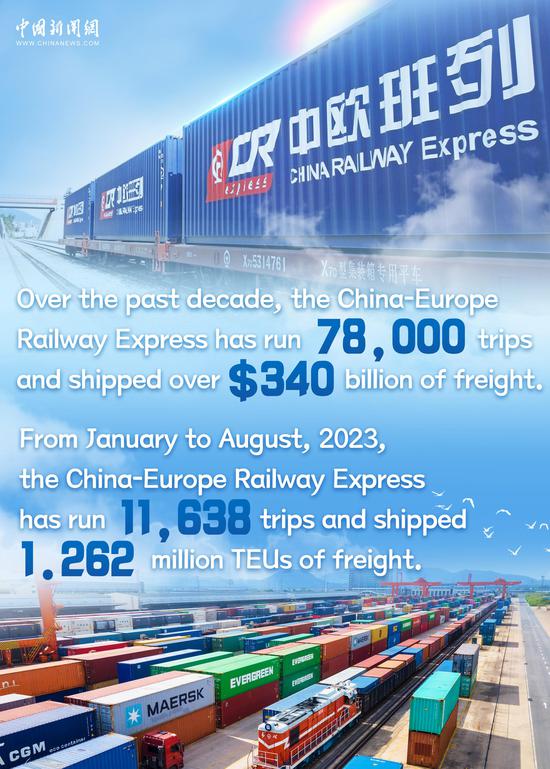
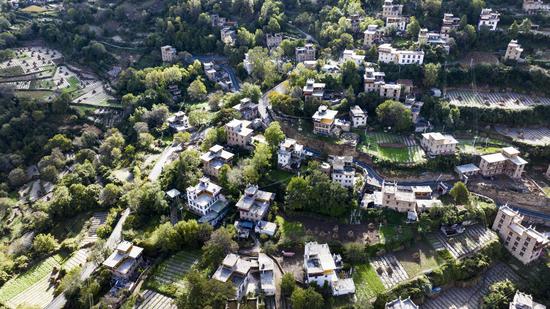

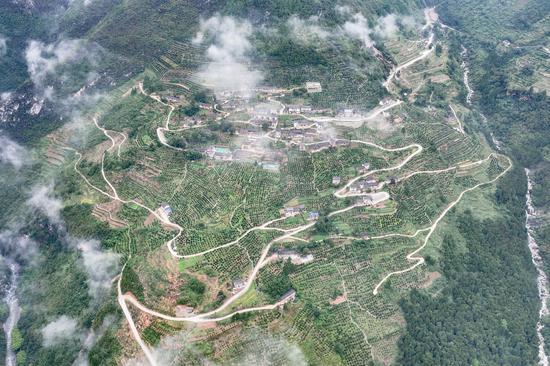
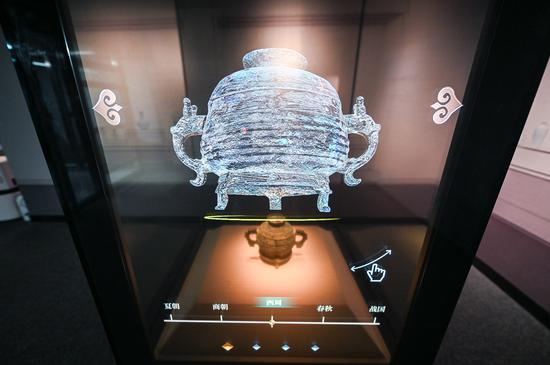




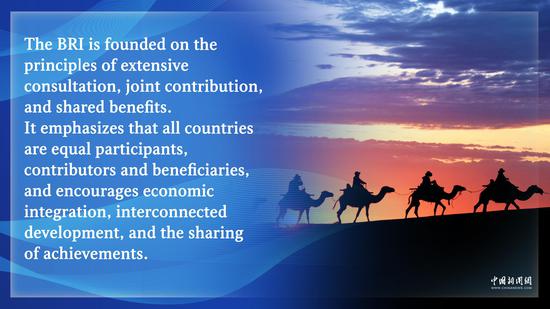

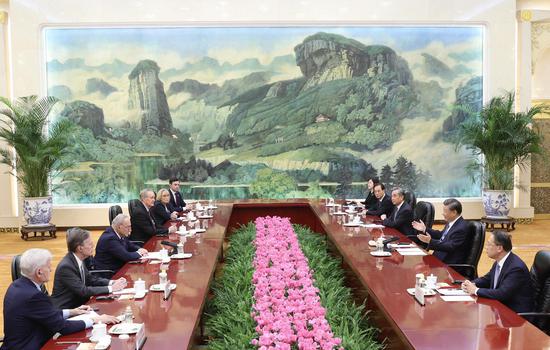







 京公网安备 11010202009201号
京公网安备 11010202009201号